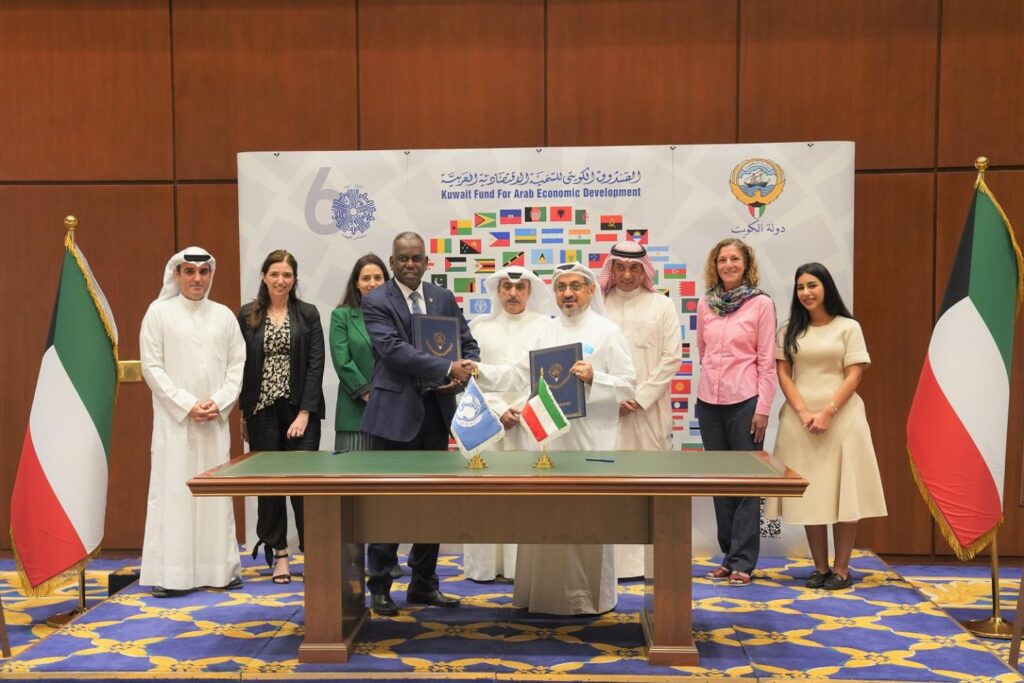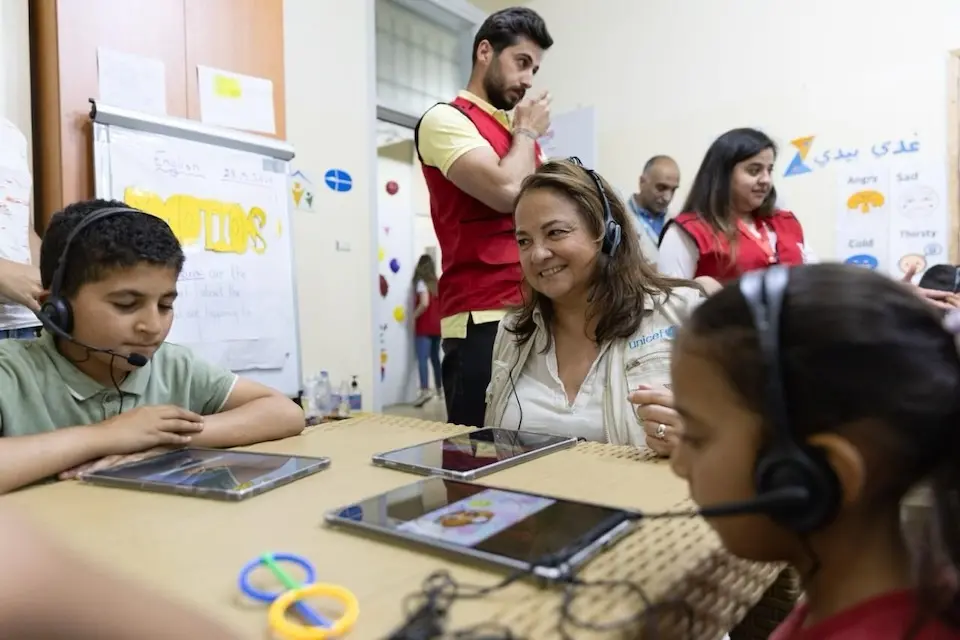In a remarkable display of international cooperation, the Kuwait Fund for Arab Economic Development (KFAED) has joined forces with UNICEF to improve the educational landscape for children and youth in Lebanon. With Lebanon still reeling from years of economic hardship and infrastructural decay, this partnership arrives as a beacon of hope for thousands of students and their families.
Empowering Education Through a $2 Million Initiative
At the heart of this collaboration is a $2 million funding agreement, designated to support the rehabilitation of public schools across Lebanon. This is not merely a monetary commitment—it is a lifeline for communities where education has become a casualty of prolonged economic and social instability. The focus of the initiative is to revamp the physical environments of schools, making them not only safer but also more conducive to learning and personal development.
The investment will directly target the most urgent needs in the country’s educational infrastructure, ensuring that students have access to facilities that uphold their dignity and support their academic journey. For Lebanon’s young generation, it is a much-needed boost that restores both opportunity and optimism.
Transforming Classrooms into Safe Havens
The rehabilitation project goes beyond surface-level repairs. It addresses the very foundation of what makes a school a safe and functional space for children. This includes the upgrading of water, sanitation, and hygiene (WASH) facilities—critical components that affect student health and daily attendance. Clean, well-maintained washrooms and proper sanitation systems are essential for creating a safe environment where children, especially girls, can focus on learning without anxiety or disruption.

Structural repairs to stairways, windows, gates, and fences will also be undertaken to enhance physical safety and reduce risks within the school premises. These repairs are designed with long-term durability in mind, ensuring that future generations benefit from a more resilient educational infrastructure.
Promoting Inclusivity with Thoughtful Design
One of the core values behind this initiative is inclusivity. Far too often, children with disabilities or mobility challenges are left behind due to the inaccessibility of public buildings. This partnership between the Kuwait Fund and UNICEF is addressing this gap by removing architectural barriers and installing accessibility ramps. These improvements aim to ensure that every child—regardless of physical ability—can access their right to education in a supportive and inclusive setting.
This inclusivity is not just a design principle but a step toward reshaping how society views education. It sends a strong message: every child matters, and no one should be excluded from the classroom.
Powering Schools with Renewable Energy
In a country plagued by electricity shortages and rising fuel costs, the initiative introduces a forward-looking solution: the installation of solar energy systems in selected schools. These systems provide a consistent, eco-friendly power source that reduces reliance on unstable electricity grids. Solar panels will ensure that schools can remain operational during blackouts, maintain digital learning tools, and support lighting and heating systems during colder months.
The use of solar energy also aligns with broader goals of environmental sustainability. Lebanon, like many countries, is facing the growing threat of climate change. Integrating renewable energy into education infrastructure not only provides immediate benefits but also educates the next generation on the importance of sustainable practices. Children will grow up learning the value of clean energy and environmental responsibility—lessons that will serve them and their communities for decades to come.
Strengthening Hope in Challenging Times
Lebanon has faced numerous hardships in recent years—economic collapse, a pandemic, the Beirut port explosion, and political unrest. These challenges have severely impacted public services, especially education. Schools have closed or limited operations, and many children have been forced out of classrooms. For UNICEF and the Kuwait Fund, this partnership represents a renewed commitment to protecting children’s right to learn, no matter the circumstances.
The emotional and psychological toll on Lebanon’s youth cannot be overstated. When children are forced out of school, they lose not only their education but also their sense of structure, safety, and normalcy. By restoring schools and equipping them for future challenges, this initiative is helping rebuild not just buildings but lives.
A Global Message of Solidarity
This collaboration is more than a financial agreement—it is a powerful symbol of solidarity between nations. Kuwait’s support for Lebanon, channeled through UNICEF’s on-ground expertise, illustrates the impact of collective action in addressing crises. It demonstrates how partnerships can drive meaningful change and reminds us of our shared responsibility to ensure every child can thrive.
This kind of international support serves as a model for future collaborations across the region and beyond. It emphasizes that even in the most difficult of times, humanity can unite to uphold the rights and futures of its youngest members.
Looking Ahead
As the project rolls out, the improvements are expected to touch the lives of thousands of students, teachers, and families across Lebanon. Beyond the tangible changes—such as new windows, solar panels, and accessible ramps—the true transformation lies in the confidence it instills in children, the hope it restores in parents, and the dignity it returns to education.
In rebuilding schools, the Kuwait Fund and UNICEF are not just constructing buildings—they are creating bright futures.
Amazon-Backed Scale AI Expands into Saudi Arabia Amidst Middle East AI Boom



